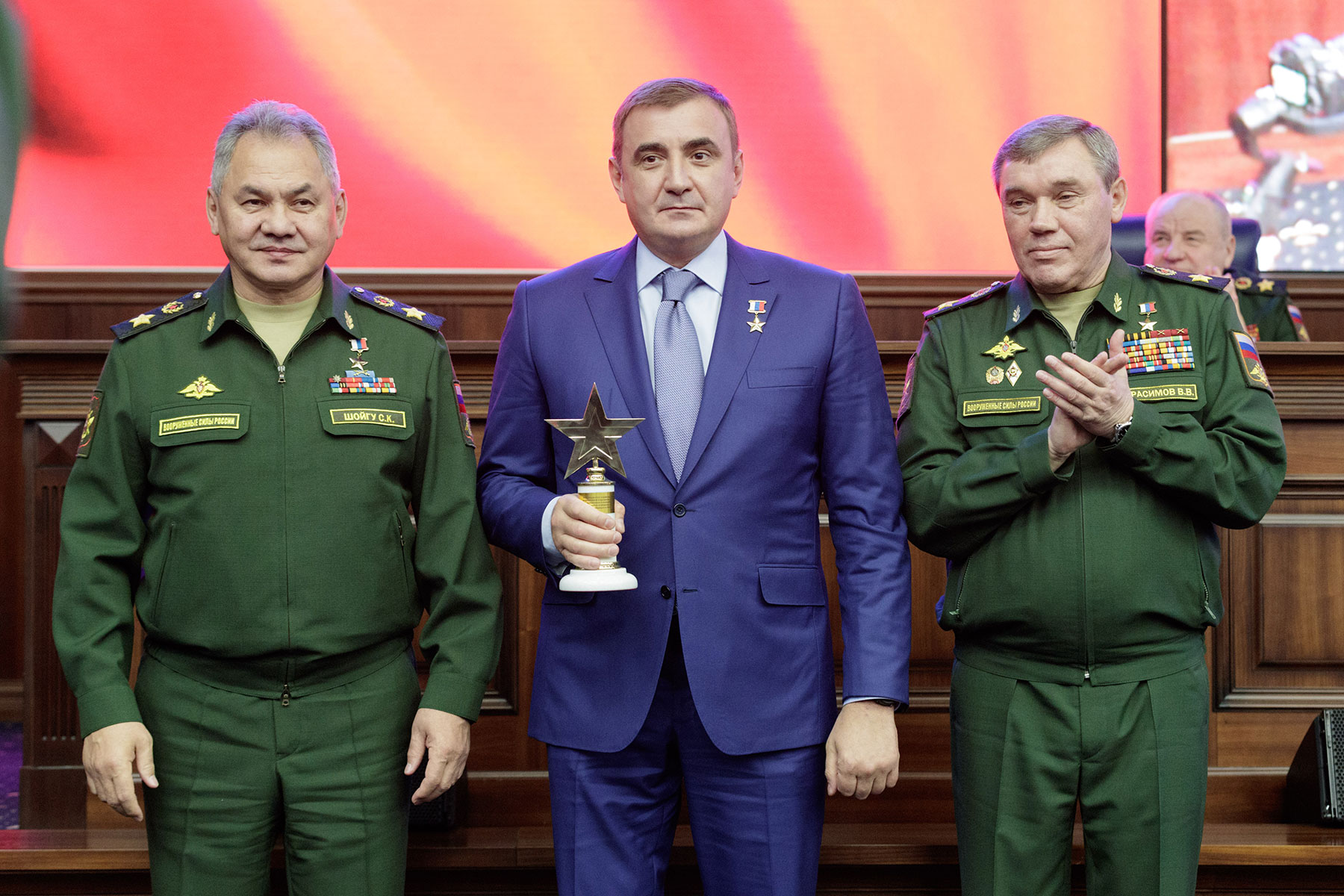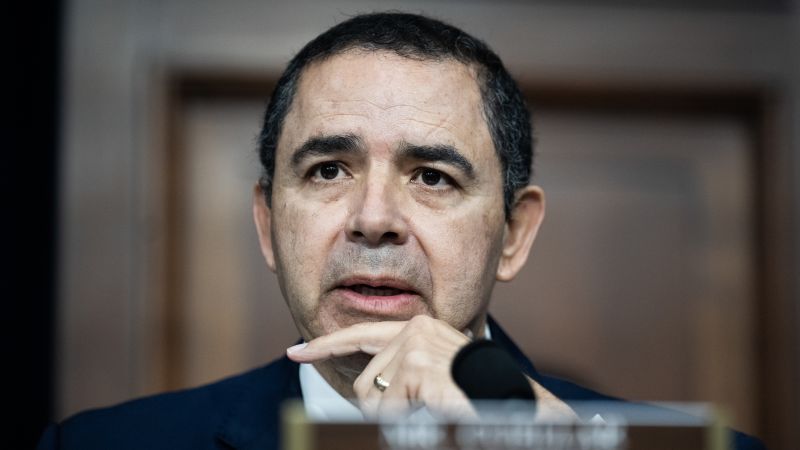Специально для Крым.Реалии
На рубеже II и I веков до нашей эры Крым и Южное Причерноморье были объединены в границах державы Митридата Евпатора. Прошли 1300 лет – и история повторилась, но уже в виде Трапезундской империи.
XII век, вероятно, был самым спокойным в средневековой истории Крыма. Возможно, потому, что до нас дошло мало источников этого времени, а возможно, так было на самом деле. Византия владела крымским побережьем от Херсона до Сугдеи, юго-западной частью гор, Боспором, Таманью и прилежащими частями кавказского побережья. На этой территории располагались более полусотни городов и замков.
Степи Крыма принадлежали местной половецкой орде (хотя, насколько можно судить, кочевали там также и остатки торков и печенегов). Города полуострова, оставаясь византийскими, платили половцам дань, а Сугдея превратилась в их главный торговый узел. За это степные правители воздерживались от нападений на соседей и посредничали в торговле Византии с Русью и Волжской Булгарией.
Но в самом начале XIII века произошли события, на 200 лет изменившие расстановку сил в Восточном Средиземноморье.
В 1203 году в борьбе за власть над Византией сошлись Алексей III Ангел и его племянник – тоже Алексей Ангел. Младший претендент позвал на помощь крестоносцев, те осадили город, а народные волнения вынудили василевса бежать. Впрочем, новый правитель Алексей IV продержался на престоле полгода, а его убийца и преемник Алексей V – три месяца. 12-13 апреля 1204 года Константинополь впервые в своей истории был захвачен врагами. На престоле Романии (или Латинской империи) сел Балдуин I Фландрский.
На руинах Византии возникли несколько независимых греческих государств. Воспользовавшись войсками своей тетки по матери, знаменитой грузинской царицы Тамары, Алексей Комнин, сын одного из предыдущих василевсов, вступил в борьбу за престол. 23 апреля 1204 года он занял Трапезунд, который стал столицей новой империи. Захватить Константинополь Комнинам так и не удалось. И хотя главный осколок Византии – Никейская империя – была больше и географически ближе к Крыму, полуостров оказался частью именно Трапезунда.
Скорее всего, присоединение произошло мирно. Единичные трапезундские серебряные и медные монеты находили в Херсоне, Балаклаве и Сугдее, 38 аспров были найдены на месте кораблекрушения в бухте Нового Света. Сами по себе деньги не являются доказательством политического контроля – монеты из Трапезунда найдены в Солхате, в Азове, на Кавказе и на нижней Волге. Однако, несмотря на свою малочисленность, трапезундские монеты все равно встречаются в Крыму чаще, чем аналогичные никейские, что свидетельствует само за себя. На Тамани была найдена печать первого трапезундского императора. Еще одним свидетельством экономических связей между метрополией и Крымом является обилие гончарной керамики «трапезундского» типа в раскопках Судака.
Все крымско-таманские владения, вероятно, были объединены в одну административную единицу, известную как Ператия – буквально «По ту сторону». В 1282 году Иоанн II отказался от претензий на Константинополь и сложил с себя титул «императора ромеев», заменив его на «василевс и автократор всей Анатолии, Иверии и Ператии».
Форма зависимости Крыма и Тамани от Трапезунда была стандартной – раз в год столичный чиновник, архонт димосия, забирал из Херсона собранную на полуостровах государственную подать. Нападение турок-сельджуков на такой корабль с казной в середине 1220-х гг. привело к войне их султаната с Трапезундом. Однако перипетии и даже датировка боевых действий настолько туманны, что их разбору будет посвящен отдельный материал.
Поскольку метрополия располагалась в горной области, Трапезундская империя сильно зависела от продовольственного обмена. Главным местным товаром на экспорт было вино, которое в огромных масштабах вывозилось в Крым и Константинополь. В обратную сторону шла пшеница, просо и ячмень, а также соль, обогащавшая итальянских купцов. Если в Каффе соль стояла 1,75 аспра, то в Трапезунде – от 3,5 до 5 аспров. Также из Крыма, Кубани и Приазовья привозили речную рыбу, преимущественно осетровую. А если у Трапезунда возникали сложности с тюркскими полукочевыми соседями, то из Крыма приходилось ввозить и продукты животноводства: сыр, мясо и сало.
Главным транзитным товаром империи был шелк. Первоначально китайский шелк везли через сам Трапезунд, но в 1340-х гг. этот путь захирел. Зато обрел популярность шелк из Прикаспия и Туркестана, вывозимый через Тану и Крым. С Руси и Кавказа привозили меха, которые тоже через полуостров отправлялись на Запад.
Морской путь от южного берега Крыма до Трапезунда занимал 10-12 дней – главным образом потому, что идти приходилось вдаль берегов. А вот до Синопа из Крыма плыть было два-пять дней, потому-то императоры постоянно воевали с сельджуками за обладание этим городом. И уже в конце XIII века меняется главный контрагент Трапезунда в Крыму – с Херсона на генуэзскую Каффу.
Власть Трапезунда над Крымом демонстрирует история с епископом Феодором. Еще в 1208 году патриарший престол занял выходец из Никеи Михаил IV. Но рукоположенных им епископов Амастриды, Сугдеи и Херсона трапезундские императоры изгнали, заменив своими ставленниками. В 1222 году новым патриархом стал Герман II. Некоторое время спустя (в 1223-м или, скорее, 1226 г.) он отправил Феодора с миссией в кавказскую Аланию. Но Трапезундская империя претендовала на влияние в том регионе и потому всячески препятствовала Феодору. Тот оставил послание с описанием своих злоключений, из которого мы знаем подробности.
И светские, и церковные власти Крыма были подконтрольны Трапезунду
По дороге епископ был захвачен неким Цаманом и сослан в Херсон, где находился в «среднем состоянии между свободой и узами». Воспользовавшись народными волнениями, Феодор сбежал и укрылся в аланском селении близ города. Цаман требовал выдачи беглеца, но обстановка в Херсоне переменилась, так что он сам был вынужден спасаться. Феодору же пришлось предстать пред судом херсонского епископа. В конечном итоге Феодор был отпущен и отправился на Боспор, но тамошний архонт не впустил епископа в город (если автор называет «скифами» половцев, то в этот момент они совершили безрезультатное нападение на Боспор). Вероятнее всего, и светские, и церковные власти Крыма были подконтрольны Трапезунду, поэтому так отнеслись к никейскому епископу. Однако из послания Феодора также следует, что и в Херсоне, и в Боспоре не всем по душе пришлась новая власть, поэтому города и сотрясали народные волнения.
Тем временем на Крым обрушилось новое бедствие – монголы. И если первые два набега 1223-го и 1238 года (популярная дата – 1239 год – является следствием ошибки при пересчете византийского календаря на современный) были скоротечны, то в середине века все изменилось. Но это уже тема отдельного материала.
В 1261 году никейский правитель сумел отбить Константинополь у латинян, но воссозданная Византийская империя была лишь тенью себя прошлой. Некоторые бывшие части страны сохранили свою независимость, включая и Трапезунд. Крым, насколько можно судить по находкам печатей XIV века, оставался частью Трапезундской империи, при этом явно были расширены торговые отношения Херсона с Византией. Чтобы усилить свое влияние на полуострове, не позднее 1280 года Константинопольский патриархат повысил статус всех крымских епархий до митрополий.
Византийская империя была лишь тенью себя прошлой
Признание Комнинами над собою сюзеренитета сельджуков в 1214 году и монголов между 1244-м и 1246 годом, естественно, распространялось и на их крымские владения. Однако внутреннее устройство городов от этого изменилось не сильно. Мы знаем, что Сугдеей в XIII и XIV веках управлял чиновник в ранге севаста – возможно, система катепаната в византийской Таврике была упразднена, и каждый город получил свою собственную администрацию. Известно около 10 имен севастов, часть из них – тюркские. Происходили севасты из разных родов, но механизм их ротации неизвестен.
Несмотря на то, что с 1249 года крымские города платили дань Монгольской империи, они продолжали признавать над собой власть Трапезунда. Так, в 1343 году из метрополии в Ператию сбежали несколько участников династической междоусобицы, но по приказу центральных властей они были арестованы и возвращены в столицу – как видим, местная власть слушалась приказов императора. А последний раз в официальных документах Трапезунда Ператия упоминается в булле василевса Алексея III 1364 года. Вскоре после этого большая часть крымского побережья стала формальным владением Генуи.
Роскомнадзор пытается заблокировать доступ к сайту Крым.Реалии. Беспрепятственно читать Крым.Реалии можно с помощью зеркального сайта: https://d2p8pq7mtuchbw.cloudfront.net/ следите за основными новостями в Telegram, Instagram и Viber Крым.Реалии. Рекомендуем вам установить VPN.












 Kadyrov is reportedly seriously ill.
Kadyrov is reportedly seriously ill.  Ramzan Kadyrov has backed Putin since Russia’s invasion of the Crimean Peninsula.
Ramzan Kadyrov has backed Putin since Russia’s invasion of the Crimean Peninsula. 
